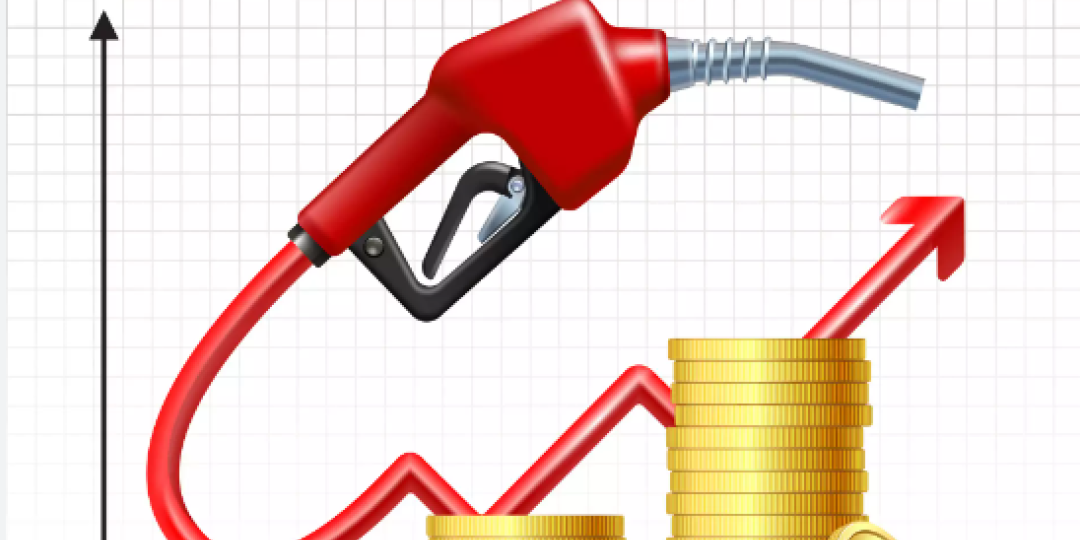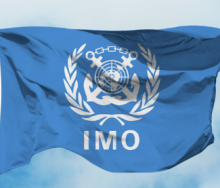High fuel prices are taking a toll on fuel sales for the KAL Group, with sales down to 307.4 million litres in the six months to March compared to the same period a year before.
In addition, says Sean Walsh, CEO of KAL Group, the company has noticed a significant drop in petrol sales from its own fuel business, The Fuel Company (TFC), and an increase in diesel sales as the freight sector started taking more market share and private vehicle use decreased.
“As soon as the (petrol) price went beyond R16 per litre, we saw the general public’s travel patterns reducing. In our group we’ve seen petrol sales down 5-6% and diesel sales up around 3-4%.”
In the half-year to March 2022, diesel sales made up 54% of TFC’s fuel sales, rising to 55.3% in the same period a year later, and ending on 56.5% at the end of March this year.
The KAL Group sold 2% less fuel during the reporting period, but industry talk puts competitors’ sales losses between high single-digit and low double-digit percentages.
Walsh said the group’s biggest logistical challenge was the expense of transporting grains by road instead of rail, due to the deteriorating service quality of Transnet Freight Rail.
“The cost per ton differential between road and rail is between R300 and R400 per ton. At nearly 20 million tons of grain that has to be transported every year, if we could get 80% of grain transport back onto rail, we could save the country and everyone in it a fortune.”
KAL Group, which also owns Agrimark, an agriculture trade and retail chain, and plastics manufacturers Agriplas and Tego Plastics, is via its membership of the agriculture business chamber Agbiz, also heavily involved in negotiations with government and Transnet to improve port services and realise the aims of government’s Freight Logistics Roadmap. Agbiz is also a co-chair on the transport and logistics leg of the B4SA initiatives.
“In the last three to six months we’ve seen quite a significant turnaround in the collaborative efforts and interventions that Transnet is prepared to consider in resolving matters. The new CEO, Michelle Phillips, is really adding value and playing her role more efficiently than previous incumbents.”
He expects that it may take a few years for these efforts to start bearing fruit.













